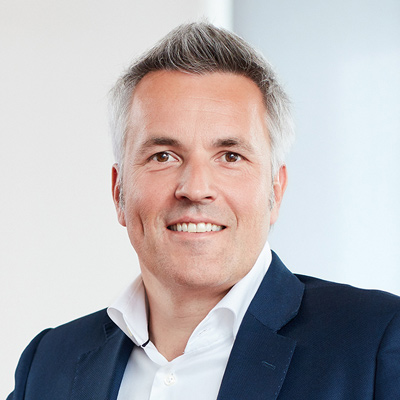Patent Search
State of the Art
The prior art search, along with the freedom-to-operate analysis (see our blog article 2/2019), is a search often performed to evaluate the patentability of an invention.
In patent law, prior art comprises everything that is known to the public, in particular technical knowledge, up to the time of the patent application. Since an invention is only patentable if it has not yet been published worldwide, it is advisable to gather information on the prior art before filing a patent application. If it turns out that the invention already belongs to the prior art at the time of the patent application, this can have a decisive influence on the strategy for filing or targeted drafting of a patent application.
Get an overview
Patent publications provide a comprehensive basis for prior art searches. Information on patents and utility models published worldwide can be searched free of charge in the databases of the German Patent and Trademark Office (GPTO) and the European Patent Office (EPO).
In addition to the results that can be found by searching the databases, however, information from the technical literature, newspaper articles, product catalogues, etc. is also relevant for the patenting process when assessing the prior art.
State of the art research
First, consider how to narrow the search for relevant publications in a meaningful way.
You can limit the search according to the country scope, e.g. restriction to German IP rights, European patents or PCT applications. By limiting the search to certain patent classes (International Patent Classification - IPC), one can limit the search to certain fields of technology. Furthermore, in addition to limiting the search to specific competitors, limiting the time period can also be a useful criterion, because patents have a term of 20 years and thus solutions older patents could be free for use.
When searching for keywords in databases, caution is advised in that aspects such as spelling, abbreviations, synonyms, translations, etc. may vary and lead to the fact that a complete picture may not emerge.
A combination of the methods described is recommended in order to obtain as accurate and holistic a picture as possible of the state of the art.
Patent search requires a lot of experience
An extensive search is very time-consuming and the approach depends strongly on the objective. Patent attorneys advise on the development of a search strategy. They also offer access to non-official, fee-based patent and technical databases and support in the evaluation and assessment of the results.
Alternatively, a fee-based request for a prior art search can be filed, for example, at the GPTO, which, however, is carried out exclusively in connection with a patent application.
Regarding Matthias Rößler:

Matthias Rößler, German and European Patent Attorney since 2003, studied mechanical engineering at the RWTH Aachen. He is co-founding partner of karo IP. A main focus of his practice is the management of large patent portfolios and the enforcement of bilateral litigation proceedings before patent offices and patent courts. His additional qualification as Master of Laws (LL.M.) qualifies him especially for multinational infringement matters in Europe.
